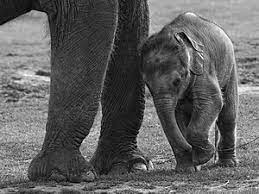Elephant Endotheliotropic Herpesvirus:

The ICAR-Indian Veterinary Research Institute (ICAR-IVRI), Izatnagar, Bareilly, has found the exact status of elephant endotheliotropic herpesvirus subtypes (EEHV) and its subtypes circulating among Asian elephant population in India.
- Elephant Endotheliotropic Herpesvirus is a double-stranded DNA virus that is classified in the family Herpesviridae.
- It causes acute, fatal hemorrhagic disease in wild and captive juvenile Asian and African elephants.
- It is lethal for young elephants between the ages of one and 12.
- The disease is usually fatal, with a short course of 28-35 hours.
- Transmitted by direct contact with body fluids of infected elephants (saliva, shedding from skin lesions, etc.)
- Some elephants show symptoms such as reduced appetite, nasal discharge and swollen glands.
- It includes a combination of antiviral therapy, aggressive fluid therapy (to counter haemorrhaging), immuno-stimulant drugs (selenium and Vitamins C, E), antipyretics and analgesics (to bring down fever).
- There is no true cure for herpesviruses in animals or in humans because herpes viruses go latent.




